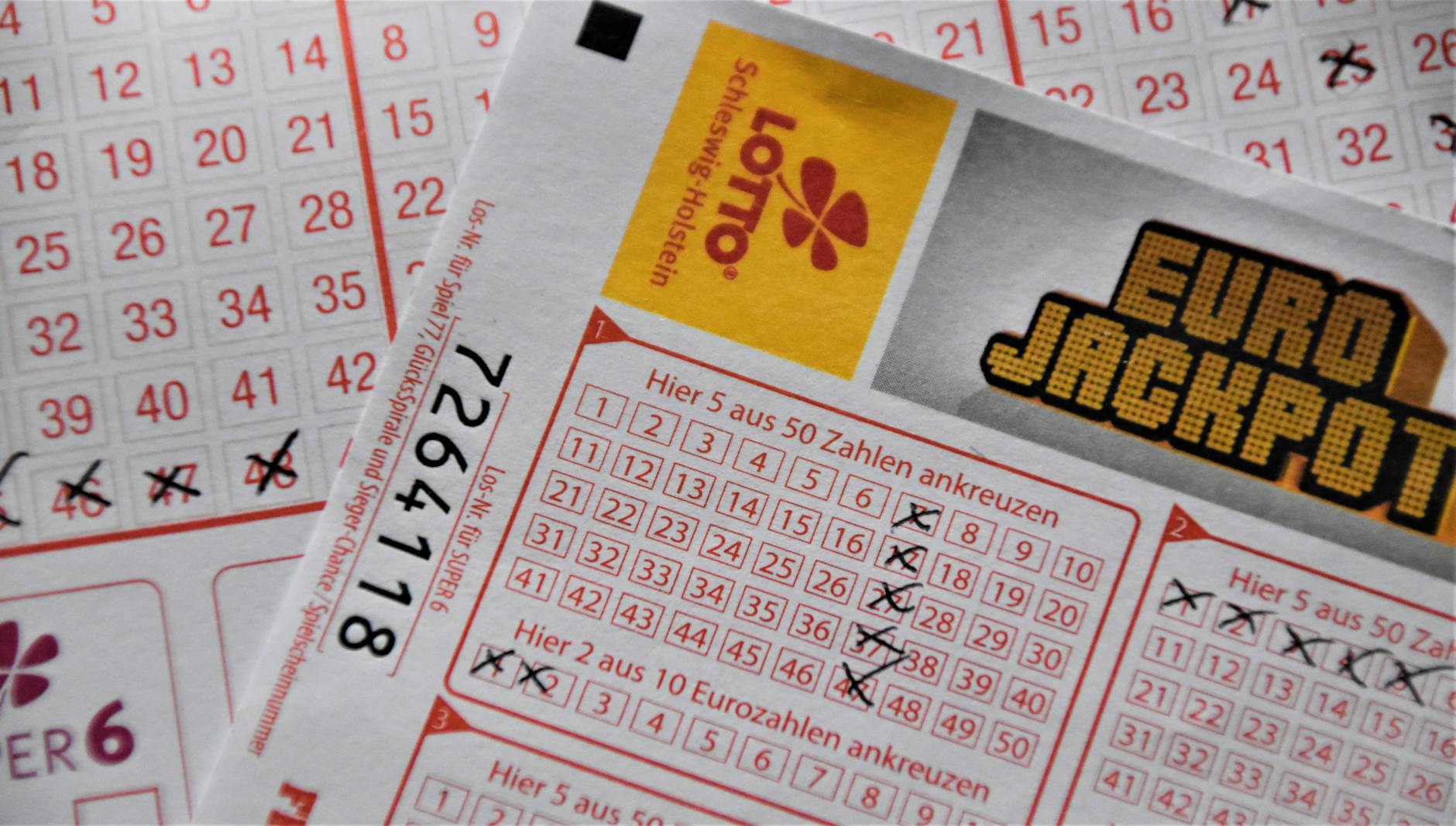Did you know we have better chances of getting hit by lightning or attacked by a bear than winning a lottery? Yet we find ourselves buying online lottery tickets or queuing at convenience stores hoping to win huge sums of money despite the odds being against us.
In that case, this write-up delves into the psychology behind why we keep playing the lottery to help you understand why it’s still a popular form of entertainment to date. Read on!
The Fear of Missing Out (FOMO)
According to statistics, 181 million people participate in the Powerball lottery in the U.S. every year. That is around half of the total population.
Chances are, you know a neighbor, friend, acquaintance, or generally a few people who participate in the lottery. Furthermore, you may even know one or two people who have made small wins.
These people are always talking about near misses and the strategies they have developed to win the next one. Others even pool their money to buy higher-odd tickets and spend evenings together waiting for the announcement of the winner. Therefore, your brain may trick you into playing in spite of the losses to avoid being the odd one out or missing the social interaction and fun.
The Allure of Hitting It Big
Sometimes, logic is not pleasant. Neither is reality flowery. Many people often find themselves playing the lottery every week hoping to hit the jackpot.
Imagine calculating your salary only to realize it will take you a hundred years of saving to afford a house. Worse still, you don’t see any logical means of getting there in the near future. What do you do?
Many people resort to escapism. This is the behavior of seeking relief from the unbearable reality of life by engaging in fantasy. While you know the chances of winning are very slim, you still keep playing. At least you have hope to cling to, which is more comforting when you think of how you will use the money and how it might elevate your social status.
Gambler’s Fallacy
If you get similar results in a row, for instance, you get four black cards, you may start to believe that the fifth one will be of a different color. It is the same with thinking that the next one will be a win after consequent losses. This is known as the gambler’s fallacy, where lottery players trick themselves into thinking that the next result will be different after repetitive incidents.
Furthermore, a lot of lottery players believe that they get closer to winning after every “near miss.” However, what they don’t know is that the odds are always the same since every draw is different, and the odds never rely on the previous draw.
Beliefs and Superstitions
Some people believe they are luckier than others and, therefore, they feel they deserve to win. Funny enough, others believe they can manipulate the outcome of the lottery draw through some supernatural means. Even if they lose, they believe they can do something to win next time.
The Inability of the Human Brain to Process Huge Numbers
The human brain is one of the biggest in all of creation, giving us immense power to learn and calculate. However, it isn’t perfect. The inability to calculate huge numbers and comprehend the probability of numbers is another reason many people still participate in lotteries to date. Why? Because we didn’t evolve in an environment that required the skills of comprehending big numbers to survive.
Imagine identifying a specific tennis ball between three balls. Easy, right? How about finding the same ball in between fifty tennis balls? What are the odds that you will pick the same ball in the midst of a hundred thousand balls?
Your brain gets overwhelmed at a certain point and ditches logic for hope. People are willing to keep trying as long as there is a “chance.”
FAQs
Why do people keep playing the lottery despite the odds?
People are influenced by various psychological factors, including the fear of missing out, the allure of hitting it big, the gambler’s fallacy, and beliefs and superstitions.
What is the gambler’s fallacy?
The gambler’s fallacy is the mistaken belief that if something happens frequently in a period, it will happen less frequently in the future, or vice versa. In lotteries, it is the belief that after a series of losses, a win is due.
How does escapism relate to playing the lottery?
Escapism is the behavior of seeking relief from reality by engaging in fantasy. People play the lottery as a form of escapism, hoping for a life-changing win that would improve their social and financial status.
Are superstitions a common reason for playing the lottery?
Yes, many people believe in luck or think they can influence the outcome through supernatural means, which drives them to continue playing despite losses.
Why can’t the human brain process lottery odds effectively?
The human brain did not evolve to comprehend large numbers and probabilities, leading to a reliance on hope rather than logic when making decisions about playing the lottery.
Summing Up
There is more to buying lottery tickets than meets the eye. While studies are still ongoing in the matter, psychological interference is very clear. Proven by the allure of instant wealth, hope for a better life, and belief in luck and chance.



